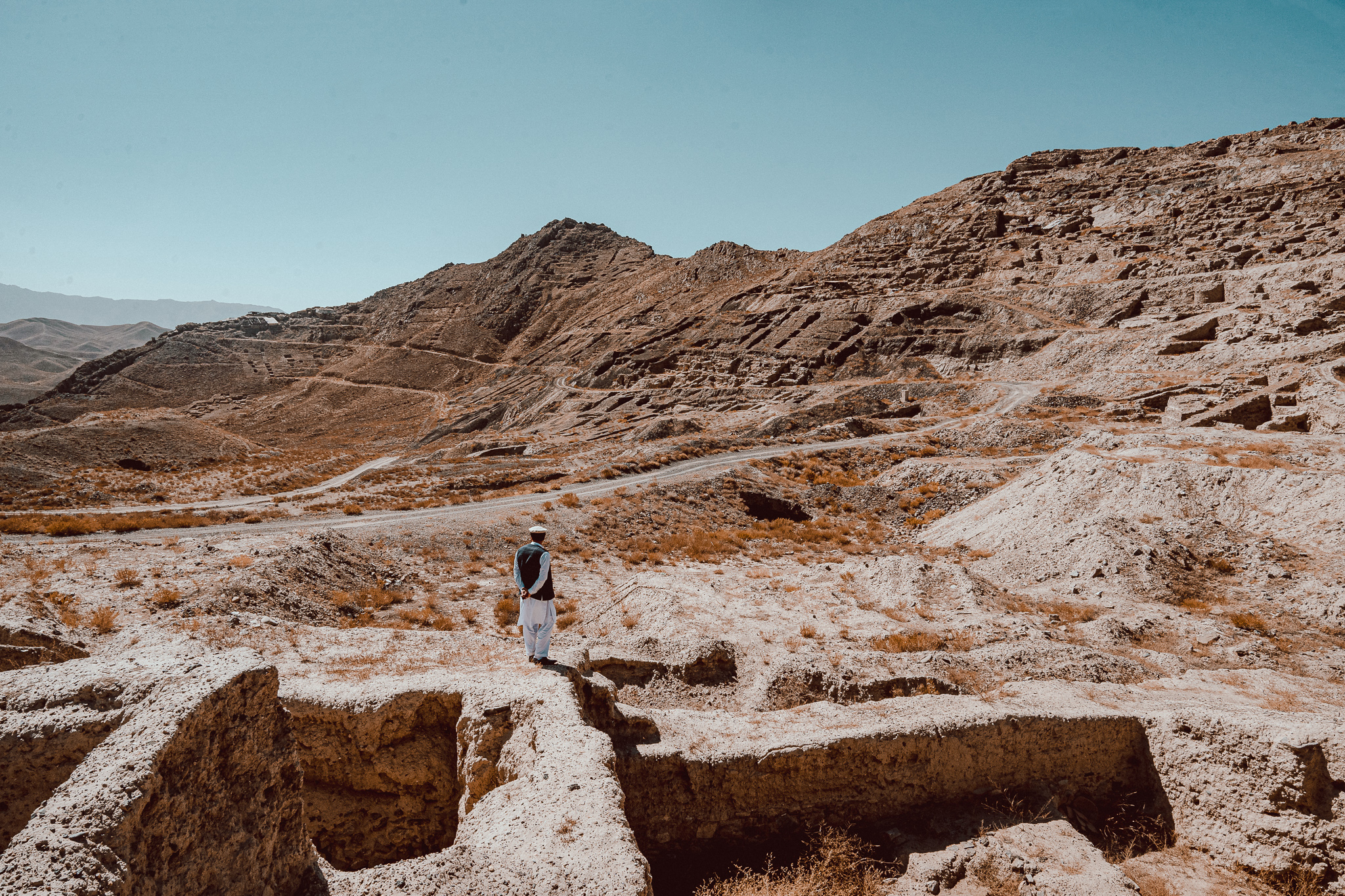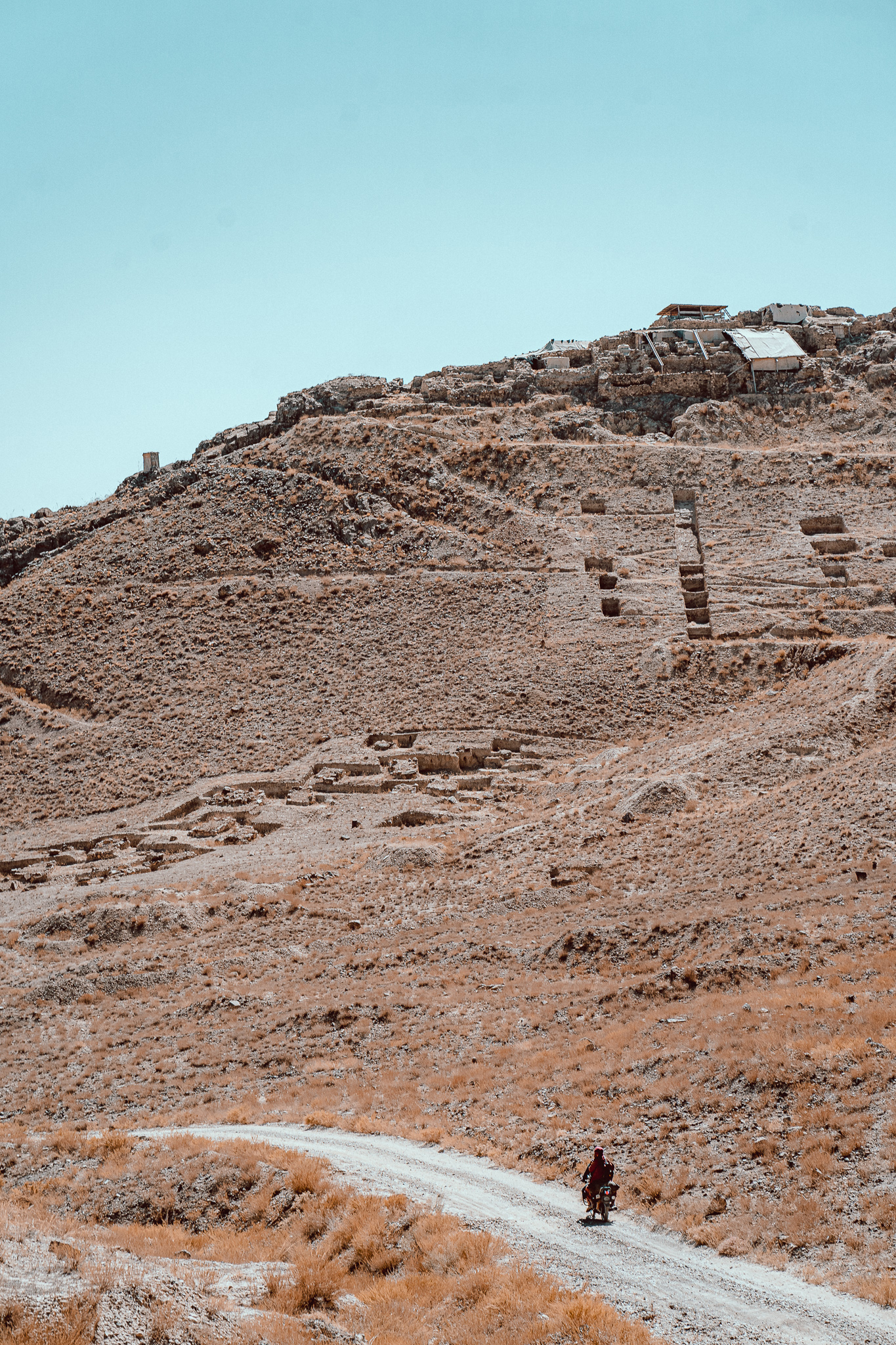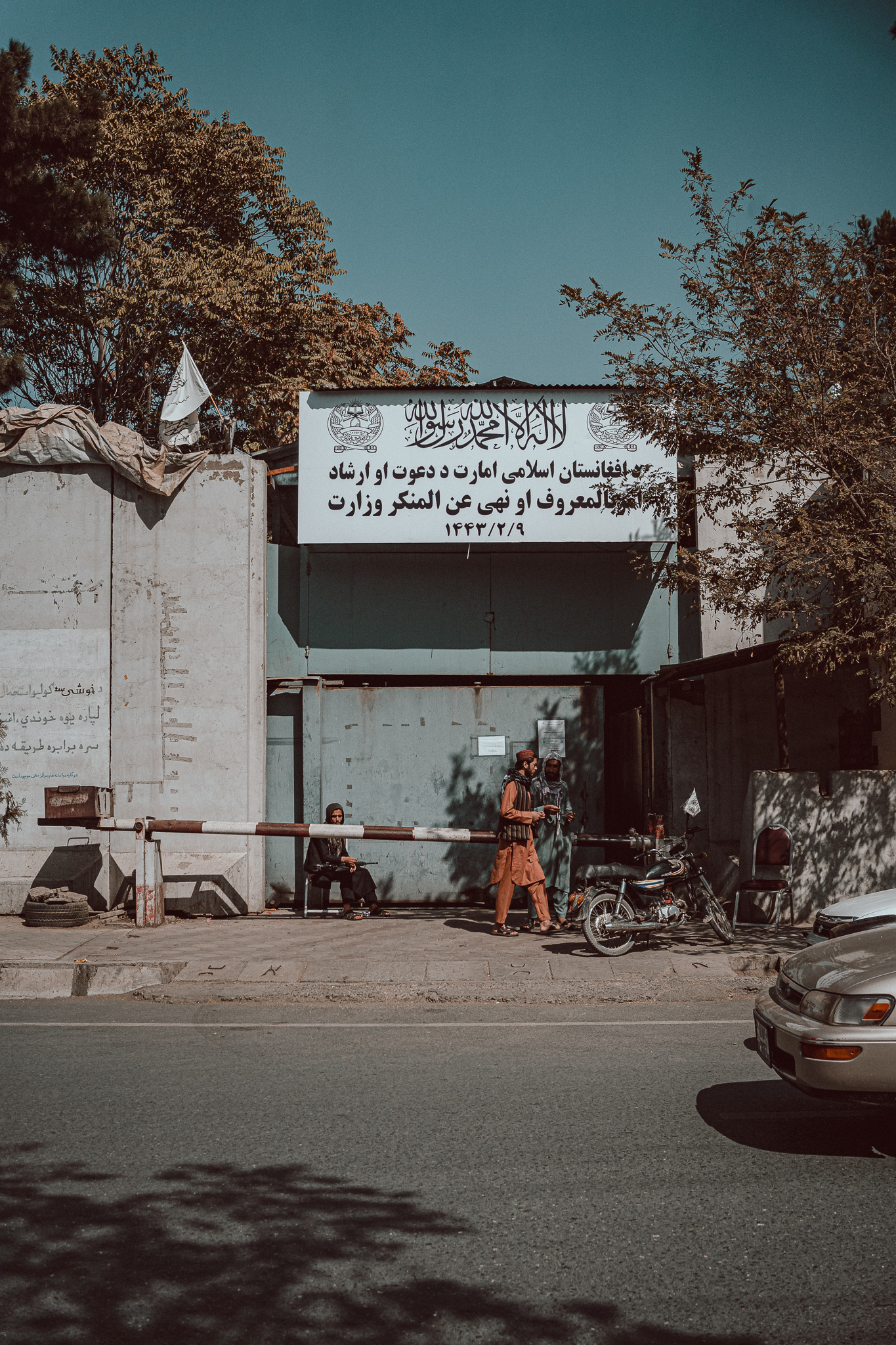As war wounds decrease, poverty and disease claim the desperate
KABUL, Afghanistan – Gaunt babies lay piled against each other in an assortment of cots and incubators, barely making a sound. The overstuffed wards are strangely quiet as a handful of medical staff with leathered faces and tired eyes float like ghosts from one ward to the next.
There is perhaps no worse feeling in the world than standing helplessly in a Children’s Hospital, staring into the empty eyes of the young and desperate, hamstrung to help the young and the innocent. But sadly, Kabul’s state-run Indira Gandhi Hospital is just one of many medical facilities scattered across the war-torn nation, where too many babies take their last breath.

After decades of endless wars and the Taliban back at the helm, Afghanistan now battles a conflict of a different stripe.
“There aren’t as many patients now with bullet wounds and war injuries,” Dr. Noorulhaq Yousufzai, Associate Professor of Pediatrics for Indira Gandhi, says wearily. “But the number of respiratory infections and pneumonia are becoming very high, as well as viral diseases like measles, mumps and meningitis. We have no money, no medicine.”
As I wander through the wards with peeling walls and teary faces, I see a seemingly endless stream of frail bodies carrying twig-like, purplish limbs and wisps of yellow hair poking out from tiny, balding scalps.
“The situation is not good,” Dr. Humayoon whispers, examining the chart of five-day-old Zainab. “She cannot receive oxygen normally. Her brain has not received enough oxygen, and she cannot take the milk.”
Scores of infants – and their impoverished mothers – suffer from severe malnutrition in Afghanistan. And the situation is only worsening as the harsh cold sets in and the economic crisis deepens in the months after the U.S. withdrawal and the government crumble into Taliban control.
“The mother doesn’t have good health and lacks the necessary vitamins,” Dr. Ahmadullah explains of another patient fighting for her life. “This is due to low income, difficulty obtaining food, and various physical and mental health conditions.”
The lack of medicine coming into Afghanistan is jarring, and what was left is fast running out. Doctors at Indira Gandhi admit that all they have left are supplies to treat “a common cold.” Poor, struggling mothers point out that they have to go out and find their own medicines to bring back for medical staff to administer. Laboratories across Afghanistan lack critical testing equipment. Even basics like hand sanitizer and gloves are in short supply.
“The malnutrition patients are increasing, and now we see many more with measles because the vaccination programs have deteriorated,” Yousufzai continues. “The economy is only getting worse, and this is hurting the children.”
Immediately after the Taliban – officially termed the Islamic Emirate of Afghanistan – rose to power on the Sunday afternoon of August 15, Washington froze $9.5 billion in aid, as did the World Bank and International Monetary Fund (IMF). Humanitarian groups – which had propped up the beleaguered nation for two decades – hastily left. Dramatic decisions were made with apparently little thought as to how the already dire health sector would stay afloat. According to
Save the Children (MSF), just seventeen percent of the more than two thousand health clinics are open.

Only a few international organizations have stayed on the ground to provide something of a lifeline, a shred of light on a dim landscape, as the country nears economic collapse, exacerbated by severe drought along with years of conflict.
One of these is Kabul’s German-funded Irene Salimi Children’s Hospital for Orthopedic Surgery & Pediatrics. Medical Director Muhibullah Ahmadzai motions dejectedly to an infant weeping inside the Intensive Care Unit (ICU). His name is Mohammad, and he was born eight months ago with a rare congenital anomaly called hydrocephalus, which has caused his head to swell drastically.
Again, malnutrition is the glaring enemy.
“He has too much water in the head,” Ahmadzai explains. “It’s fairly common in Afghanistan because most women do not fully eat. During their pregnancy, it is hard for many mothers to supplement with enough iron. In the womb, the babies’ brains are under pressure, and then even when they give birth, sometimes they cannot seek the medical help they need right away.”
Afghan families flee from far-flung places in the hopes of saving their starving children, yet the full-to-the-brim hospital can only take on a limited number of patients. The United Nations predicts that by the end of 2021, some 23 million out of a population of 38 million will face acute hunger.
Moreover, the main hospital for the war-wounded – kept alive by Italian NGO EMERGENCY for the past twenty-one years – remains a searing scene. A child who endured a severe head injury in a blast cries out for his mother in pain-induced confusion, and another boy folds himself into prayer, having lost his legs after stepping on a landmine.
Sadly, the doctor whispers, families sometimes abandon those who endure crippling injuries, given that they are already impoverished and unable to provide for the disabled.
On another cool fall morning, I roam the busy halls of the International Committee of the Red Cross (ICRC) facility, which for decades has endeavored to give Afghans another lease on life by providing prosthetics.
“When we started in the beginning, thirty years ago, we were working only with war victims. Ninety-five percent were landmine victims,” explains Alberto Cairo, ICRC’s orthopedic program head in Afghanistan. “But in 1994, we decided to open to anybody. But in many ways, everybody in Afghanistan is a victim of war.”
Cairo started working at the clinic at the very beginning. It was his first ICRC mission, and the country grabbed his heart, and he refused to let go. Only it’s the sort of job that can never be finished. Now, the file load is fast becoming overwhelming thick.
“Many of the patients we see now are children with cerebral palsy. So many of these things in Afghanistan could be easily prevented with a proper assessment of the child when the child is born,” Cairo asserts. “And we have a lot of elderly people who have lost limbs due to diabetes as they can’t access a proper diet, and when they come to us, it is too late, and their leg has already had to be amputated.”
Indeed, the facility is flooded with workers – almost all amputees themselves – working tirelessly in the workshops to craft the intricate prosthetics. Another hall is set up for the young and the old – including Taliban members – learning to walk again.
Nonetheless, foreign-funded facilities are very much the exception in Afghanistan, not the norm. What is left chiefly are battered public hospitals now run by the Taliban regime. The medical staff has not been paid in many months – including the last couple of months under the helm of the shattered Ashraf Ghani-led government.
“We are government employees, and the staff is making money only from the idea of making money,” Yousufzai of Indira Gandhi continues. “Our workers don’t even have money to pay for transportation, and often they are coming to work from very far places. There is no money for taxis and buses.”
In addition to not being able to feed and support their own families, medical professionals must also affront the wrath of upset, frightened patients unable to afford medicines and care.
“But we continue to do this because it is our responsibility. We should save the lives of the people,” Indira’s Humayoon says wistfully. “These are our people.”
Kareem Muhammad, Deputy Director of the Military Hospital in Jalalabad, echoes the frustration of not being able to adequately tend to those in pain.
“There are war injuries, malaria – but there is difficulty in getting medicine,” he laments.

Furthermore, such military facilities are the continued targets for terrorist factions. In early November, the country’s flagship Sardar Daud Khan hospital was struck by two mammoth explosions and a shootout at the behest of ISIS-K militants, killing dozens.
But as the humanitarian disaster unfurls at a dizzying pace, Afghans don’t have time to mourn abandonment by the international community – it is a fight to feed their family and a fight for their right to life.
Security experts proclaim that there are only two haunting choices regarding Afghanistan: try to work with the insurgency-turned-government Islamic Emirate despite their human rights violations, or turn a blind eye as innocent Afghans suffer and die.
“Everyone is scared to death for what is going to happen to the economy here,” ICRC’s Cairo adds glumly. “The winter has already started.”